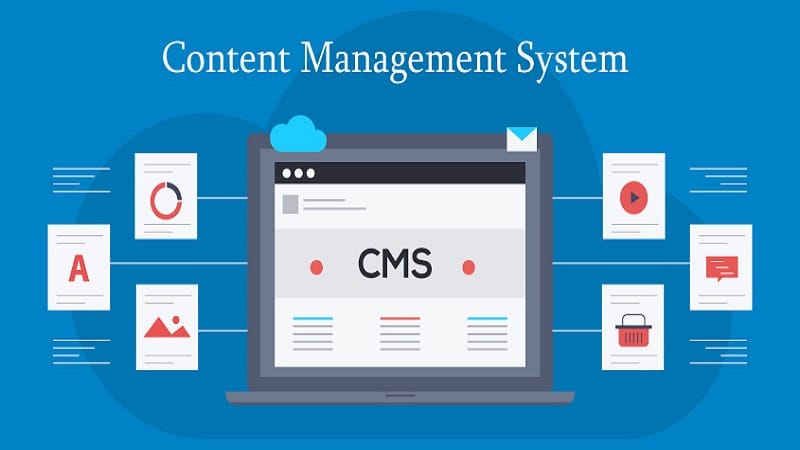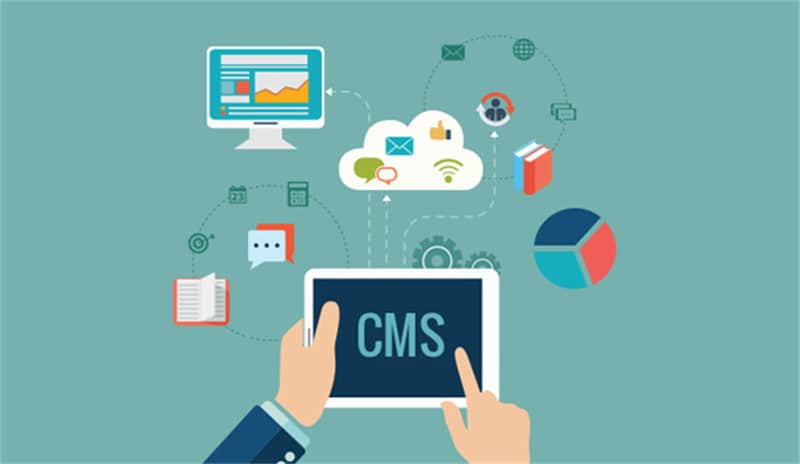
Every day, your organization's staff performs content management by searching for information, moving it, acting on it, and archiving it.
This laborious and costly process involves manual searching, photocopying, faxing, and hand distribution.
However, businesses can realize many advantages that significantly improve organizational efficiency by integrating a content management system.
The first and most important of these advantages is profitability. What is a company if it is not profitable?
You do whatever you can as a business owner to keep your company profitable. You deserve more than just ticking off all the necessary criteria; you deserve to see your company thrive.
Many business owners share this sentiment, which is why many are shifting to a cloud-based content management system.
As it appears, the CMS cloud-based platform offers a clear path to increased profits. The initial investment is minimal, especially compared to the total revenue that businesses enjoy after making the switch.
Furthermore, cloud-based platforms offer an amount of functionality that other systems simply can not match.
Successful businesses must be flexible. The agility provided by a cloud-based architecture creates a profitable environment.
Here are some ways migrating data to the cloud will profit your business by increasing functionality and financial gains.
Management is simplified, and opportunity costs are reduced.

The most common feedback for content management systems is that they make it easier to upload content.
However, this is just the tip of the iceberg regarding how a CMS can help with content management.
To begin with, it helps keep files organized — helping save time and improving team efficiency.
Second, content management systems have a user-friendly interface, which gives the power to work independently. This increases the efficiency of your business by removing constraints on a few key people.
Automated Processes
CMS assists in automating a variety of tasks to improve your processes, such as:
- Automated approvals: A CMS can enable you to alert key members when a document needs to be reviewed, approved, or published.
- Content scheduling: Instead of waiting for each piece of content to be ready, you can mass publish and mass schedule with a CMS.
- Version control: A CMS makes it simple to ensure that the correct version of a document reaches the right people at the appropriate time.
For example, Pimcore, with its Omnichannel strategy, makes communication between teams much more effortless and personalizes content in real-time.
Click here to read about the difference between Pimcore and Shopify and how each can improve your business.
Smooth content publishing

Content marketing is an essential strategy currently, which means that a significant portion of an organization's marketing budget is allocated to content creation – such as the planning, strategy, optimization, and your own time to track and manage the entire process.
A CMS can help you achieve this by making it simple for even non-technical people to publish work and streamline the approval process and workflows related to publishing.
Conclusion
A content management system is for a modern company a necessity, whether big or small — it optimizes the process of an organization, saving cost while doubling profits.
We have yet to meet a company that implemented a CMS and did not see an exponential improvement in their website and systems' efficiency, overall performance, and ease of use.










